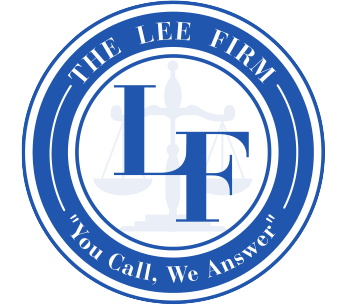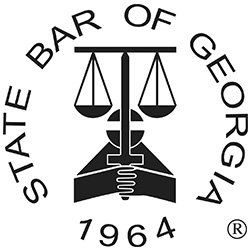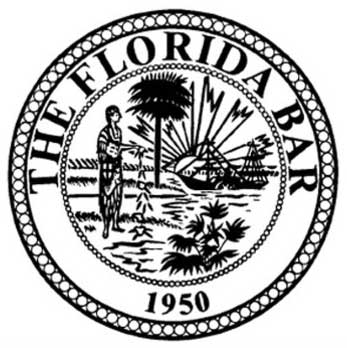Car Accident Advice: The Ultimate Checklist for Staying Safe and Informed
Being involved in a car accident can be a jarring experience, but knowing the right steps to take can make all the difference in ensuring your safety and peace of mind. As you find yourself in the midst of an unexpected collision, staying calm and informed is paramount. This ultimate checklist offers car accident advice that covers everything from accident protocol to seeking medical treatment after an accident. You'll learn how to effectively speak to police, exchange information with other parties, and understand why it's crucial to call an attorney. With these accident scene tips in your arsenal, you'll be prepared to handle any automotive mishap with confidence and composure.
Immediate Actions After an Accident
In the chaotic moments following a car accident, taking the right steps can significantly impact your safety and legal protection. This section outlines the crucial initial actions to take at the accident scene.
Initial Accident Protocol
The first moments after a collision are critical. Your priority should be ensuring everyone's safety and preventing further accidents.
- Check for injuries: Assess yourself and others for any immediate medical needs. If anyone is hurt, call 911 immediately.
- Move to safety: If possible and safe to do so, move your vehicle to the side of the road to prevent additional collisions. Turn on your hazard lights to alert other drivers.
- Stay calm: Take deep breaths and try to remain composed. Clear thinking will help you handle the situation more effectively.
According to AARP, it's crucial to avoid discussing fault or apologizing, as this could be used against you later in insurance claims or legal proceedings.
Speak to Police
Interacting with law enforcement at the accident scene is a crucial step in documenting the incident and ensuring an official record is created.
When the police arrive, provide them with a clear, factual account of what happened. Stick to the facts and avoid speculating or admitting fault.
Request a copy of the police report or ask how you can obtain it later. This document will be valuable for insurance claims and potential legal proceedings.
Ashmore Law advises that you should always call the police, even for minor accidents, as some injuries may not be immediately apparent.
Exchange Information
Gathering essential information from all parties involved is crucial for insurance claims and potential legal action.
Collect the following details from all drivers involved:
- Full names and contact information
- Insurance company names and policy numbers
- Vehicle make, model, and license plate numbers
- Location of the accident
Progressive Insurance recommends using your smartphone to take photos of insurance cards and driver's licenses to ensure accuracy.
Be cautious about sharing personal information beyond what's necessary, and avoid discussing fault or details of your insurance coverage.
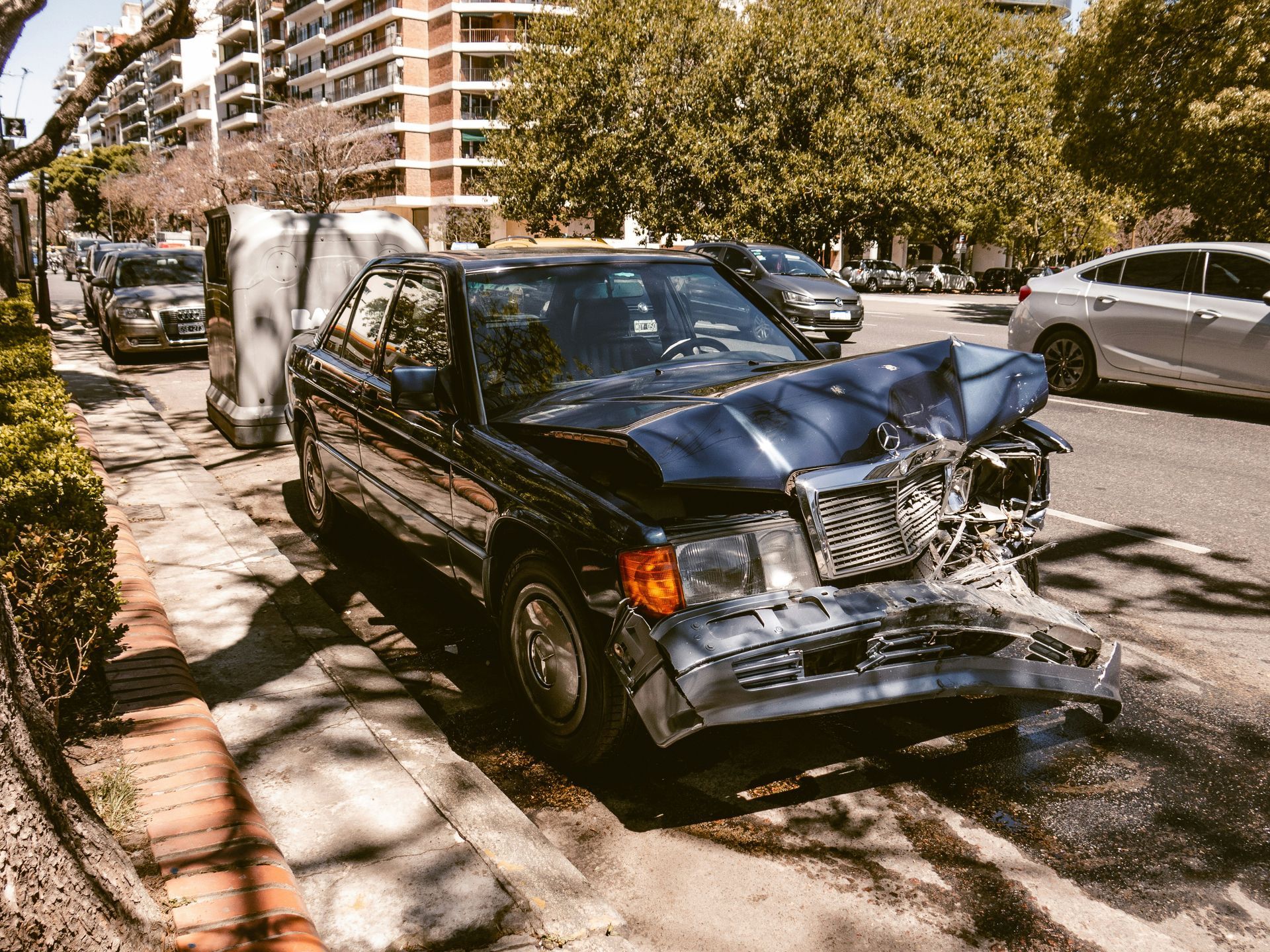
Prioritize Health and Legal Steps
After addressing immediate safety concerns, it's crucial to focus on your health and legal protection. This section covers the importance of seeking medical attention and consulting with an attorney.
Seek Medical Treatment After Accident
Seeking prompt medical attention after a car accident is crucial, even if you don't feel immediately injured.
Some injuries, such as whiplash or internal trauma, may not be apparent right away. A medical professional can identify and document these issues, which is essential for both your health and any future insurance claims.
The Rawlins Firm emphasizes the importance of keeping all medical records and bills related to the accident. These documents will be crucial evidence if you need to file an insurance claim or pursue legal action.
Follow your doctor's treatment plan diligently. This not only aids your recovery but also demonstrates the seriousness of your injuries if you need to make a claim.
Call an Attorney
Consulting with an experienced car accident attorney can protect your rights and help you navigate the complex aftermath of a collision.
An attorney can:
- Advise you on dealing with insurance companies
- Help gather and preserve evidence
- Negotiate settlements on your behalf
- Represent you in court if necessary
Allstate Insurance recommends contacting your insurance company promptly, but speaking with an attorney before giving any recorded statements can be beneficial.
Don't hesitate to seek legal advice, even for accidents that seem minor. Many attorneys offer free initial consultations to assess your case.
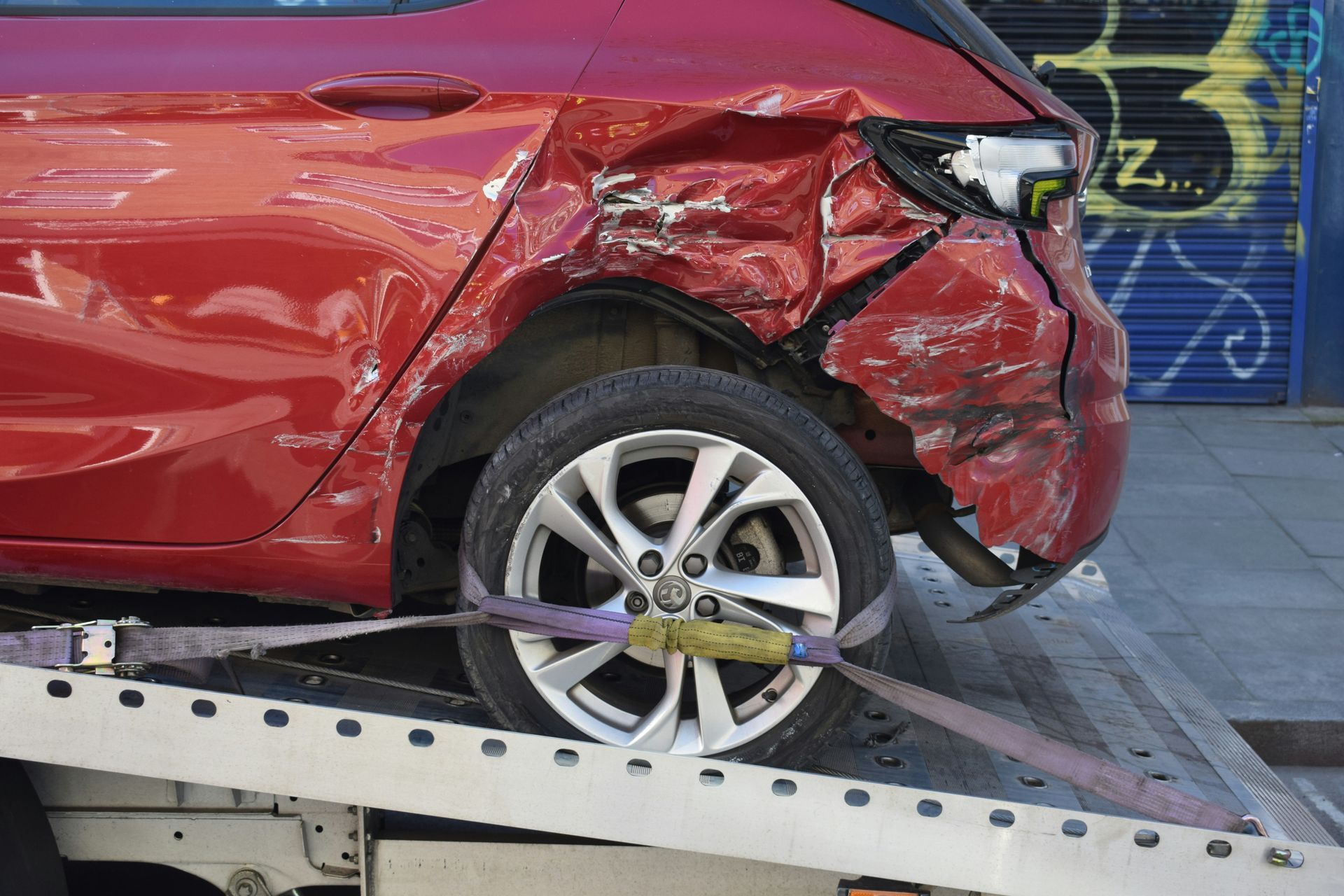
Documenting the Accident Scene
Thorough documentation of the accident scene can significantly strengthen your case for insurance claims or legal proceedings. This section covers essential steps for capturing crucial evidence.
Take Detailed Photos
Visual evidence is invaluable in supporting your account of the accident and demonstrating the extent of damages.
Use your smartphone or camera to capture multiple angles of:
- Vehicle damage (both your car and other vehicles involved)
- The overall accident scene, including road conditions and traffic signs
- Any visible injuries you or your passengers have sustained
Levi Law advises taking photos of skid marks, debris, and property damage, as these can help reconstruct the accident later.
Remember to photograph the other driver's license plate and insurance information as a backup to your written notes.
Collect Witness Statements
Eyewitness accounts can provide crucial, unbiased perspectives on how the accident occurred.
If there are any witnesses to the accident, politely ask for their contact information and a brief statement about what they saw. U.S. News & World Report suggests recording their statements on your phone if they consent.
Be sure to get:
- Full names
- Phone numbers
- Email addresses
- A brief description of what they observed
The UC Irvine Police Department recommends noting where each witness was located during the accident, as this can affect their perspective and credibility.
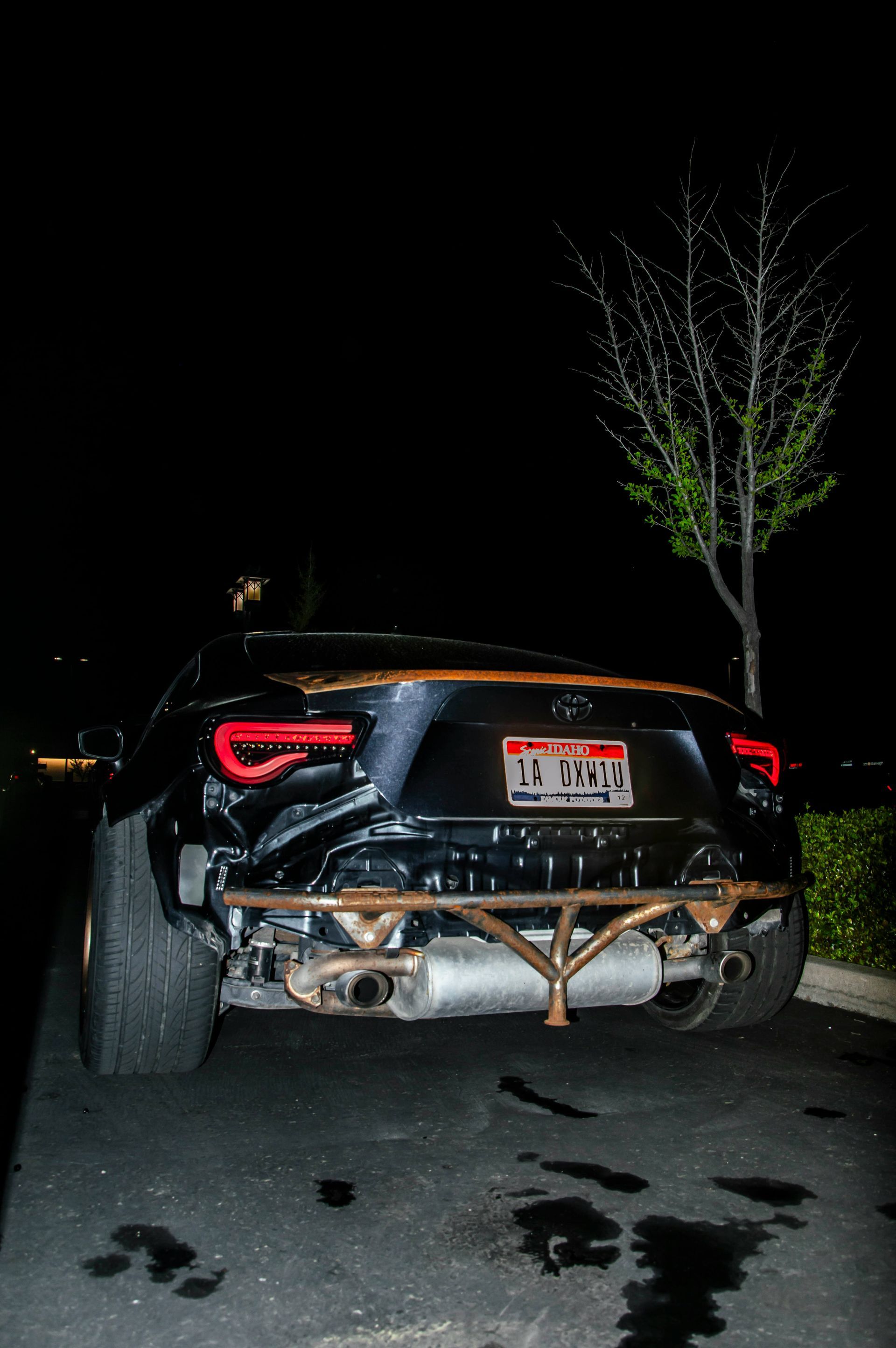
"The more detailed and comprehensive your documentation, the stronger your position will be when dealing with insurance companies or in potential legal proceedings," advises GJEL Accident Attorneys.

